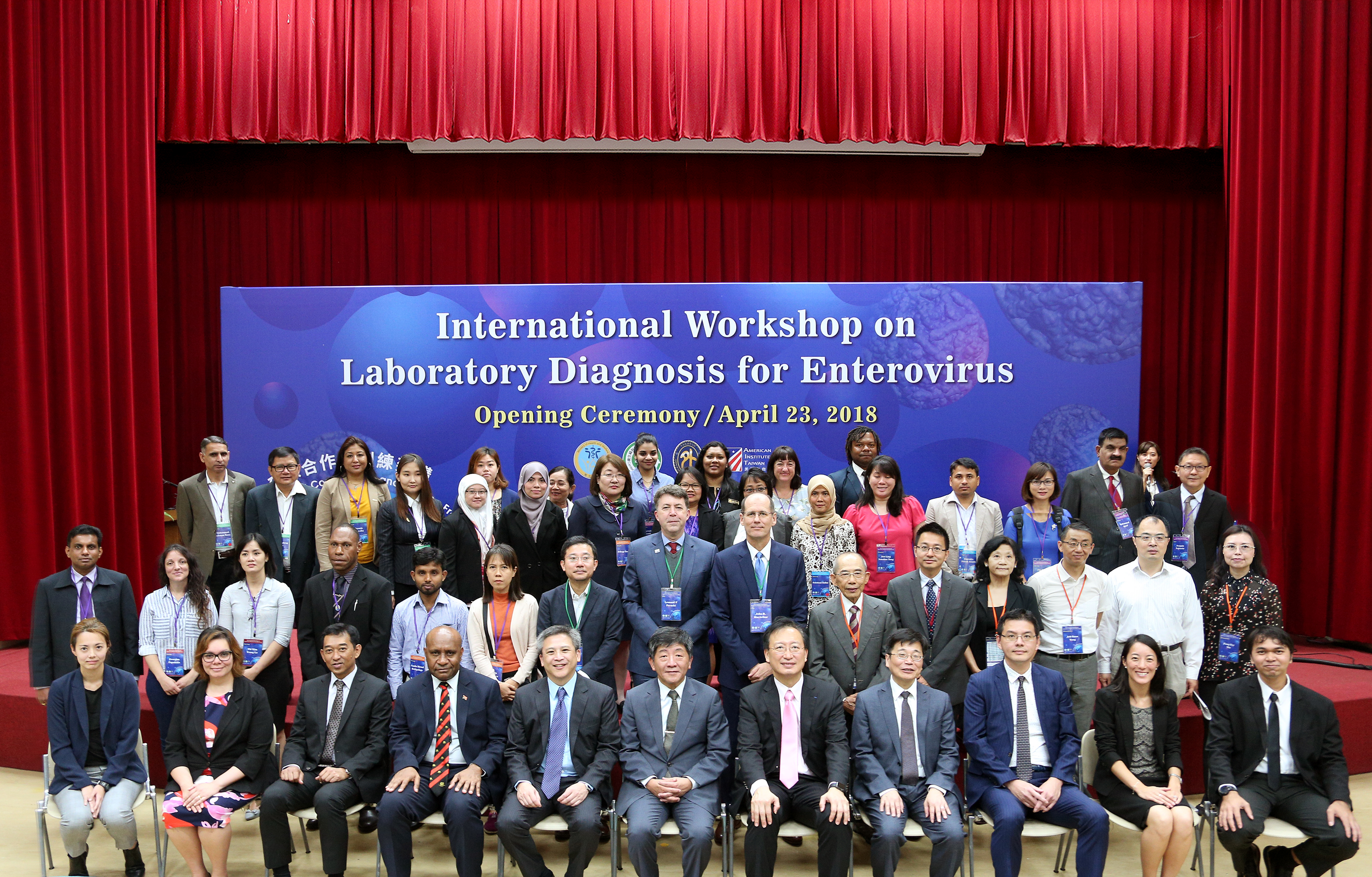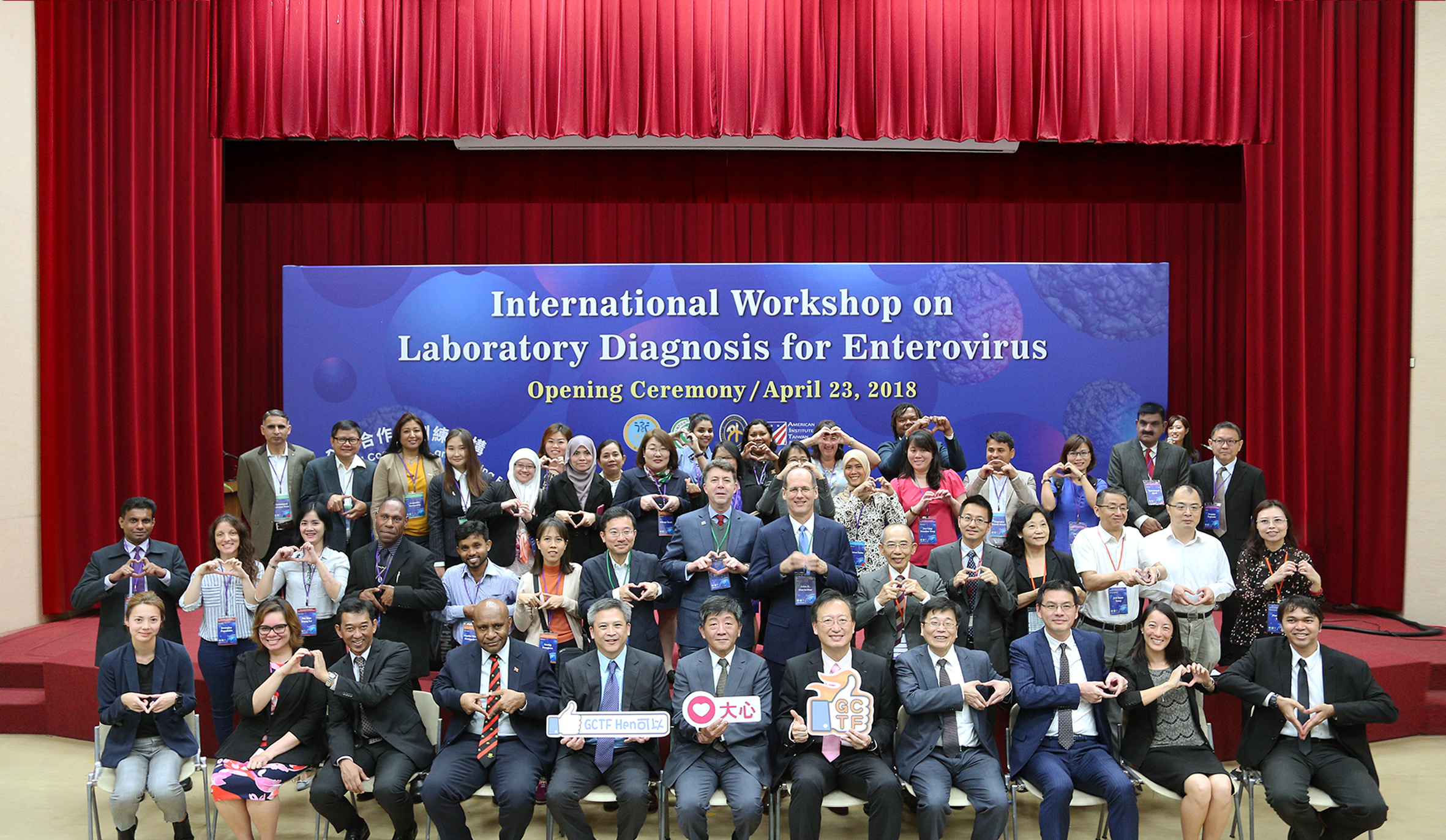-
About CDC
- Diseases & Conditions
-
Programs & Campaigns
-
Data & Statistics
- Taiwan National Infectious Disease Statistics System
- Statistics of HIV/AIDS
- Disease Surveillance Express
- Influenza Express
-
National Notifiable Disease Surveillance Report
National Notifiable Disease Surveillance Report
-
Weekly Report of Enterovirus Infection
Weekly Report of Enterovirus Infection
- Weekly Report 2025
- Weekly Report 2024
- Weekly Report 2023
- Weekly Report 2022
- Weekly Report 2021
- Weekly Report 2020
- Weekly Report 2019
- Weekly Report 2018
- Weekly Report 2017
- Weekly Report 2016
- Weekly Report 2015
- Weekly Report 2014
- Weekly Report 2013
- Weekly Report 2012
- Weekly Report 2011
- Weekly Report 2010
- Weekly Report 2009
- Weekly Report 2008
- Taiwan Healthcare-associated infection and Antimicrobial resistance Surveillance System
- Taiwan CDC Open Data Portal
- International Cooperation
- News
- Privacy Policy
- Security Policy
- Government Website Open Information Announcement
- Copyright Notice on Health Educational Materials
US and Taiwan co-organize International Workshop on Laboratory Diagnosis for Enterovirus to strengthen diagnostic capacity for enteroviruses among New Southbound Policy partner countries and share regional epidemic control resources
According to the US-Taiwan Global Cooperation Training Framework (GCTF), the U.S. and Taiwan have co-organized the four-day International Training Workshop on Laboratory Diagnosis for Enterovirus that starts on April 23, 2018 in the hope to improve the regional diagnostic capacity for enteroviruses. Participants include public health officials and laboratory professionals from New Southbound Policy partner countries. Several distinguished guests, including the Minister of Health and Welfare Chen Shih-chung (陳時中), the Deputy Minister of Foreign Affairs François Wu Chih-chung (吳志中), and the Director of the American Institute in Taiwan (AIT) Kin Moy (梅健華).
Enterovirus 71 (EV-71) caused a large-scale outbreak that led to many severe cases and deaths respectively in Malaysia in 1997 and Taiwan in 1998. Since then, enteroviruses have continued to pose significant public health threats to Taiwan and countries in the Asia-Pacific region. In addition, a large-scale EV-D68 outbreak occurred in the U.S. in August 2014. On top of that, a significant number of the infected children developed Acute Flaccid Myelitis (AFM), and some children even died. Similar outbreaks have also continued to occur around the world.
Under GCTF, since 2015, the U.S. and Taiwan have co-organized several workshops, including the International Training Course on Molecular Diagnosis for MERS-CoV, the International Conference on Dengue Prevention and Control and the International Dengue Expert Consultation Meeting, the International Training Workshop on Molecular Diagnosis for Zika, and the International Training Workshop on Laboratory Diagnosis for Dengue/Zika/Chikungunya. The International Workshop on Laboratory Diagnosis for Enterovirus teaches the molecular method for detecting enterovirus infection and demonstrates the use of EV-71 Rapid Test Kit developed by the Taiwan Centers for Disease Control (Taiwan CDC) in order to help participating countries in rapidly diagnose EV-71 infections and prevent the spread of the virus.
31 laboratory professionals from 15 countries, including Australia, New Zealand, Japan, Singapore, Cambodia, Indonesia, Malaysia, Mongolia, Nepal, Pakistan, Papua New Guinea, Sri Lanka, Thailand, Vietnam, and the U.S. are participating in this workshop. Experts from the U.S. Centers for Disease Control and Prevention and Japan's National Institute of Infectious Diseases (NIID) are attending the workshop as the lecturers to help refine the diagnostic capacity for enteroviruses, improve the regional capacity to tackle infectious diseases, reinforce global health security, and ward off the threats posed by infectious diseases around the world.
圖片


為提供使用者有文書軟體選擇的權利,本網站提供ODF開放文件格式,建議您安裝免費開源軟體 (https://www.ndc.gov.tw/cp.aspx?n=32A75A78342B669D) 或以您慣用的軟體開啟文件。

